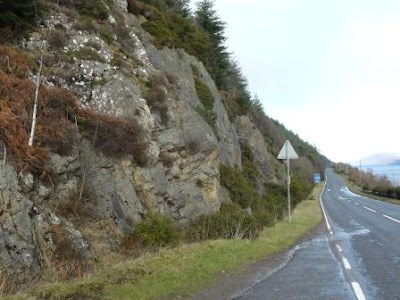Then, why would some British youngsters be searching for a meaning beyond the utter meaninglessness of ‘modern life’ and its array of dead-end choices?
Why would university walls and shop windows – from East Sussex to Fife, and farther north, to the Scottish Highlands, according to what I saw and photographed – be full of posters like these ones...
....advertising religions that promise meditation, peace, wisdom, introspection, vision, illumination, self-discovery, fulfillment?!?!?!
Most secular Brits appear to have ceased thinking of any metaphysical dimension of life.
As Pavlov’s dogs, they are being conditioned to judge that “(any) religion = (mostly) bad”, thus they frown upon any religious weirdos (like me :-).
Nevertheless, some are seaching for something that makes sense in a world deprived of a spiritual perspective of daily reality.
The silly ones would be those looking for meanings, including Hawking, wouldn’t they?
Attempting to explain the Universe, as a ‘science ayatollah’ like Hawking does, would be equally meaningless.
The Lord may find a way to the hearts of those genuinely seeking for Him, even to those who are lured like sheep to a wolf’s lair by all these prophets, gurus, visionaries...
They are but unscrupulous people selling illusions (see these posters!), whose trade is as often morally damaging and socially dangerous as human trafficking is.
On the flip side, it’s most likely that He will never reveal Himself to those who are self-confidently (but utterly unscientifically!) decreeing “Thou don’t exist!”.
[For all the episodes of this series, and all the posts on this blog go to/Pentru toate episoadele din această serie şi toate postările de pe acest blog mergi la: Contents/Cuprins]







































